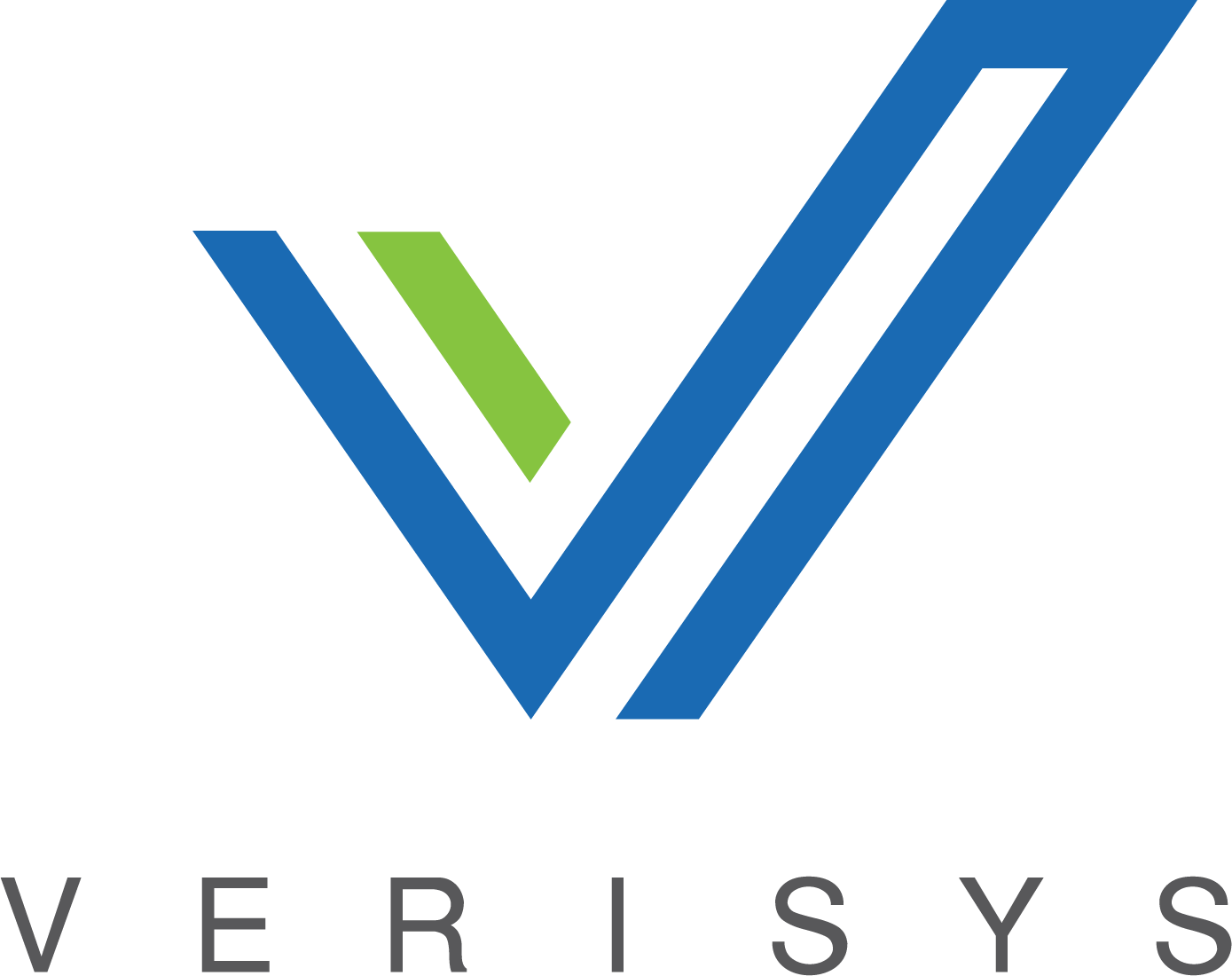– The best resource for monthly healthcare regulatory compliance updates. Compliance Updates: April 2024 Overlook: Licensure Compacts Other Legislation Board Updates Interstate Medical...


Conducting employee background checks yourself? You could be missing important information that could protect your organization.
For starters, background checks must be thorough. Which databases and primary sources do you check to ensure that you are getting a comprehensive history of your prospective hire? If you’re not verifying a candidate’s education, employment, and references, you could miss important clues about her past. For many businesses, screening prospective hires against county, state, and federal criminal records and registries is needed.
In addition, some elements of a background check may need to be conducted again for your employee population. If a background check didn’t turn up any red flags when an employee was hired, that doesn’t mean an individual couldn’t get involved with illegal activity after being hired.
Keep in mind the following when performing background checks: You need to adhere to Fair Credit Reporting Act (FCRA) standards, you’ll want to be aware of limitations that exist on criminal records, you’ll need to understand which level of background check is required for the position, and you have outsourcing options for background screening.
Fair Credit Reporting Act
When employers conduct background checks, they must be FCRA-compliant. The Fair Credit Reporting Act ensures the accuracy, fairness, and privacy of consumer reporting agency information used by credit bureaus and other agencies. If you’re not following FRCA standards or you’re using protected information like credit scores or medical information to make hiring decisions, you could find yourself in legal trouble.
Employer responsibilities that meet FCRA standards for background checks include written disclosures, written permission from the applicant, informing the applicant of his rights, offering to share results with the applicant, following Equal Employment Opportunity Commission (EEOC) rules, and complying with adverse-action procedures.
If you don’t have these processes in place, you could end up paying huge fines like RealPage, Inc. did. This Texas company paid the Federal Trade Commission $3 million dollars for violating FCRA requirements in their tenant screening processes. Don’t take the risk.
Background Screening Report Limitations
Federal and state laws govern the information you receive when you run a background check. Some information does not appear on a candidate’s record at all, some is removed after a period of time, and some varies by location, or the position being filled. The following is a list of the limitations or results you could encounter when performing a criminal background screening:
Criminal background screenings can be tricky. To get the complete picture, a criminal background screening should check federal civil suits, federal criminal offenses, county-level civil suits, and county- or state-level criminal convictions. Covering all the bases, keeping in mind there are limitations in reporting, can be a challenge for some businesses.
Level 1 vs. Level 2 Background Checks
Another thing to keep in mind is the depth of the background check that is required. The position and potential access to at-risk individuals will help determine what level of background check is needed.
A Level 1 background check is typically done at the state level and focuses on an individual’s employment history. These checks are name-based meaning they rely on the accuracy of the name of the candidate that is provided.
A Level 2 background check is a fingerprint-based check at state and national levels. It is more extensive than a Level 1 check and is typically used for positions that require working with children or other vulnerable populations.
Outsourcing Options: ReferencePro and CheckMedic
To avoid the issues raised above or even save time during a period of rapid expansion, employers can hire third-party organizations, such as Verisys to conduct background checks on their behalf. Verisys offers basic background screenings with ReferencePro or more extensive search capabilities such as criminal background checks are available using CheckMedic.
ReferencePro offers thorough, timely, and secure information to help you make informed hiring decisions. ReferencePro screenings search thousands of primary sources and are FCRA compliant. A typical ReferencePro background check includes:
If you need more than a basic background check, you can add a criminal background screening using CheckMedic. Level 1 and Level 2 background checks are covered with CheckMedic’s criminal background results. CheckMedic, Verisys’ cloud-based platform, can screen, verify, and store all of this information for you. Best of all, ReferencePro and CheckMedic work hand in hand to cover all of your background screening requirements.
Learn how ReferencePro can solve your employment screening problems.
 |
Written by Verisys Verisys transforms provider data, workforce data, and relationship management. Healthcare, life science, and background screening organizations rely on our comprehensive solutions to discover their true potential. Visit verisys.com to learn how we turn problems into power.
|